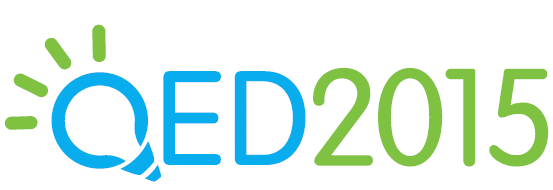
Željka Car is an exceptional professor at the Faculty of Electrical Engineering and computing of the University of Zagreb, where she works at the Institute of Telecommunications. She is involveed as a researcher on technological and scientific projects financed by the EU, the Croatian Science Foundation, and the Ministry of Science, Education and Sport of Croatian Republic, as well as a director and researcher for research projects undertaken by the University of Zagreb in cooperation with industry partners. She began national multidisciplinary research into ICT development for individuals with complex communication needs. Her research interests include program engineering in telecommunications, the development of innovative ICT solutions for assisted communication, project management, and engineering value-added programming processes and telecommunication services. She is a co-author in over ten technical and scientific works published in international periodicalsand discussed at international conferences. She is a member of the IEEE professional association.
Round table: Creativity in higher education
IT is a field that changes from year to year. It’s extremely hard to say what our work, projects, tools and processes will look like in a fewyears, let alone five. We are constantly learning, adapting, and finding creative solutions not only for daily problems, but strategic and long-term ones as well. Because of this situation, creativity is ever more so important in every workplace, regardless of its purpose or responsibility. The question is: can someone learn to be creative?
The education system readies young adults for the workplace on a largescale. Interaction between academic institutions and the workplace is nowmore important than ever before, so that people entering the workforce are ready to face the challenges that face both them and their future companies. Their work habits, attitudes, ability to work in a team, regardfor authority, definition of success, desire to take responsibility of their own knowledge, and also creativity are shaped across the fifteen or more years of their education. If the objective of the education system is to usher in a new generation of creative and proactive individuals, in what ways is that system supposed function? What is being done well, and what changes are welcome, or even necessary?
In this round table discussion, we will give our guests a picture of the present and potential future creativity within higher education and try toagree how academics and industry can together prepare a new generation for the challenges that lay ahead.
